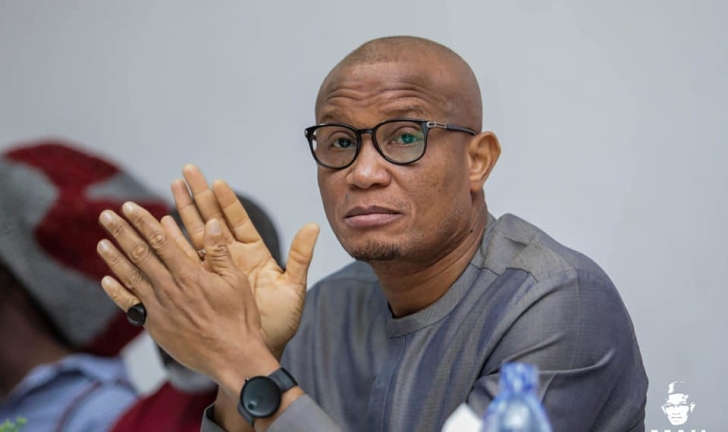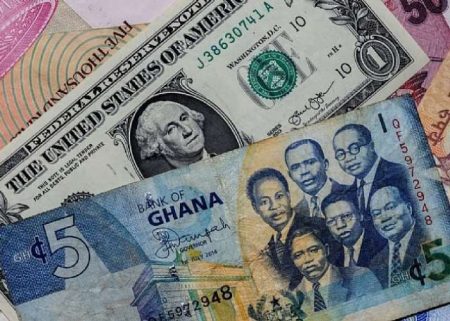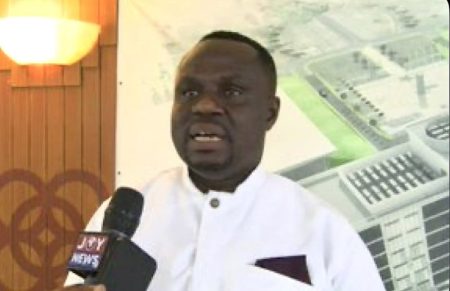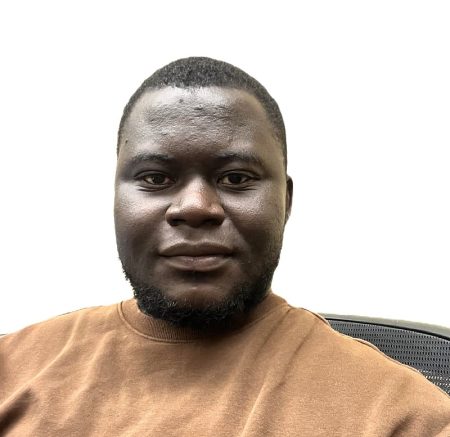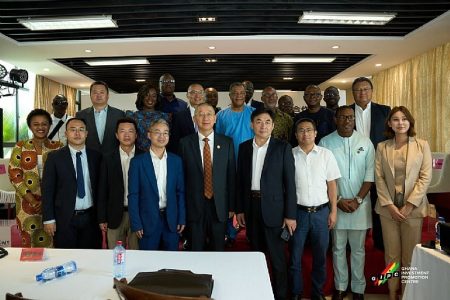The sprawling corruption and money laundering case involving Dr. Mustapha Abdul-Hamid, former CEO of Ghana’s National Petroleum Authority (NPA), and ten other individuals and corporate entities, has taken a significant turn with the granting of bail to several of the accused. The Office of the Special Prosecutor (OSP), which brought the case, alleges a complex scheme involving extortion and illicit financial dealings totaling GH¢280 million within the petroleum sector, spanning from 2022 to 2024. Dr. Abdul-Hamid, the lead accused, secured bail set at GH¢2 million, along with two sureties, each demonstrating a minimum net monthly salary of GH¢5,000, with proof required in court. He is also obligated to report to the OSP every two weeks as the investigation continues.
Two other individuals, Jacob Kwamena Amuah, Coordinator of the Unified Petroleum Pricing Fund, and Wendy Newman, an NPA employee, were also granted bail under the same conditions as Dr. Abdul-Hamid. All three have pleaded not guilty to a series of charges, including conspiracy to commit extortion, extortion by a public officer, use of public office for profit, and money laundering. These charges point to an alleged misuse of their positions within the NPA to illicitly gain financial benefits, undermining public trust and potentially impacting the stability of the petroleum sector.
Four additional accused individuals—Albert Ankrah, Isaac Mensah, Bright Bediako-Mensah, and Kwaku Aboagye Acquah—were granted bail, albeit with more stringent conditions. Their bail was also set at GH¢2 million each, but they are required to provide three sureties each, with at least one surety possessing landed property. This stricter requirement suggests a higher perceived flight risk or a greater perceived involvement in the alleged scheme. Like the first three accused, these individuals must also report to the OSP every two weeks, facilitating ongoing investigations and ensuring their availability for court proceedings.
The OSP’s allegations paint a picture of a carefully orchestrated extortion scheme targeting Oil Marketing Companies (OMCs) and Bulk Oil Distribution Companies (BDCs). These companies, crucial to the distribution and sale of petroleum products in Ghana, were allegedly coerced into paying illicit funds to the accused. The OSP contends that the proceeds from this extortion scheme were then laundered through various means, including the acquisition of high-value assets such as luxury properties, vehicles, and fuel stations. This laundering allegedly aimed to obscure the illicit origins of the funds and integrate them into the legitimate economy.
The case has gripped the nation’s attention, bringing into sharp focus the persistent concerns about corruption within Ghana’s energy sector. This sector, vital to the country’s economic health and development, has long been plagued by allegations of mismanagement and corrupt practices. The current case, with its substantial financial implications and the involvement of high-ranking officials, underscores the need for greater transparency and accountability within the sector. The OSP’s pursuit of this case signals a commitment to combating such corruption and holding those responsible accountable.
The case is set to resume on August 26, 2025, marking the commencement of substantive hearings. This date will mark a crucial stage in the legal proceedings, as the prosecution presents its evidence and the defense presents its counter-arguments. The outcome of this case will have far-reaching implications, not only for the individuals involved but also for the broader efforts to combat corruption and enhance transparency within Ghana’s energy sector. The public will be closely watching the proceedings, anticipating a just and fair resolution to this high-profile case. The case underscores the importance of independent institutions like the OSP in safeguarding public resources and ensuring accountability within key sectors of the economy.





